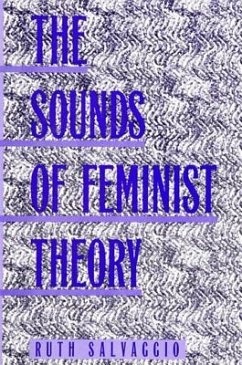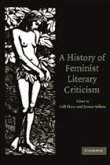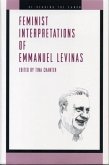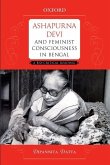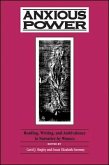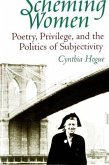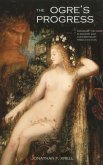In The Sounds of Feminist Theory, Ruth Salvaggio follows a distinctive turn toward the oral and evocative qualities of language in feminist theory. Questioning paradigms of female voice and varied feminist claims to language, she suggests that feminist theorists listen to the ways in which words mean more than they ostensibly signify, the ways in which language and epistemology--like sound--are mobile. She calls this theoretical project "Hearing the O," a process of listening for and seizing those wavering qualities of language that invite changes, often remarkable alterations, in how we think. A range of contemporary feminist critical writers are discussed: Gloria Anzaldúa, Judith Butler, Hélène Cixous, Rachel Blau DuPlessis, Jane Flax, Susan Griffin, Donna Haraway, Luce Irigaray, Julia Kristeva, Elaine Pagels, Adrienne Rich, Eve Sedgwick, Joan Scott, Jane Tompkins, Trinh Minh-ha, and Patricia Williams. Their investment in the oral modulations of words marks not only a provocative engagement with the incommensurability of contemporary theory, but also a turn to the ambiguous and tangled qualities of language--"poetic literacy"--that generate an evocative epistemology.

